Comic book movies are big business. It was not always this way. Even if it seems that all Hollywood movies today are merely adaptations of comic book characters. Superman and Batman were always popular characters and were the focus of relatively successful movies. This includes the Christopher Reeve Superman movies through the launch of Tim Burton’s Batman franchise in 1989. But the recent trend of superhero dominance at the box office essentially began with Bryan Singer’s X-Men in 2000.
X-Men languished in development for years, but then surprised with a massive box office haul that summer – and made a star out of Hugh Jackman in the process. It also adopted the tone of the comic books and made it safe to adapt the concepts as a movie. The success of X-Men begat the Tobey Maguire Spider-Man franchise, which begat the Christopher Nolan Dark Knight trilogy, and suddenly Warner/DC Comics’ and Marvel’s collective catalog of characters became hot property. Not all characters have been treated equally, however. Batman, for example, will always be seen as a safer bet than, say, Ghost Rider. Movies are budgeted accordingly.
Today, the average Hollywood movie budget exceeds $100 million. This includes salaries for the cast and crew, CGI costs, and in many cases… licensing rights. Yes, your favorite comic book characters are subject to both copyright and trademark protections. Like I said, it is big business.
How do these licensing and intellectual property issues affect the production of a movie for a minor character like, say, Deadpool? Let the games begin!
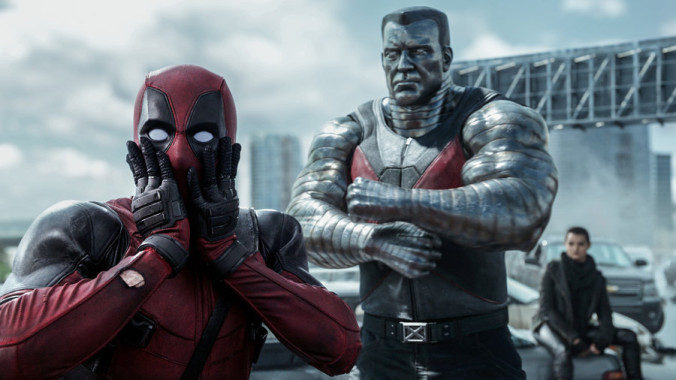
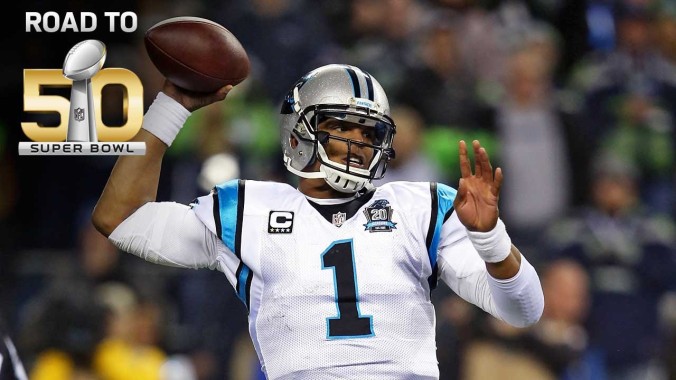
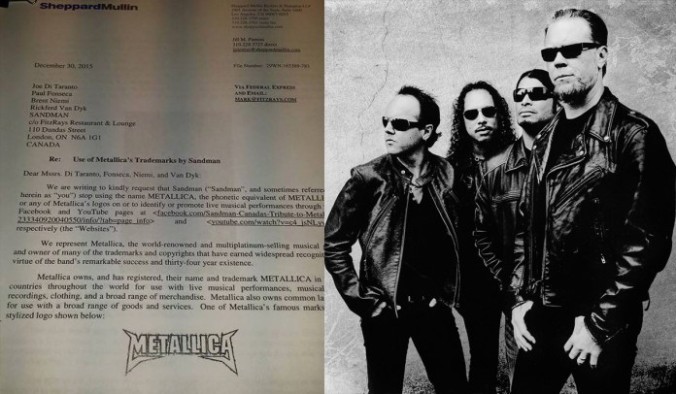
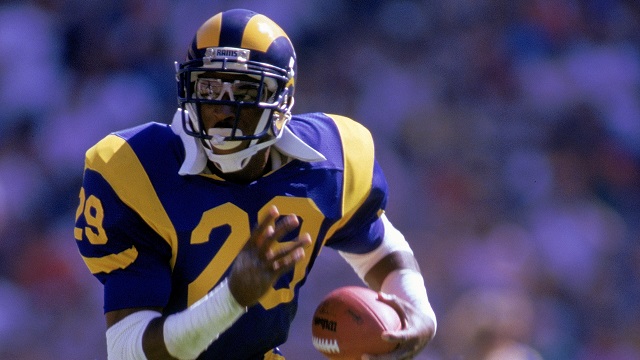
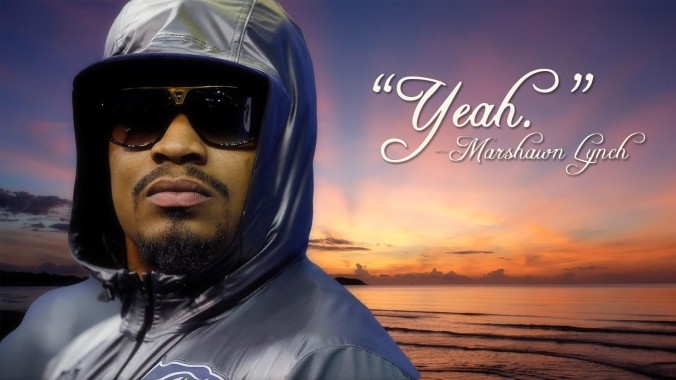
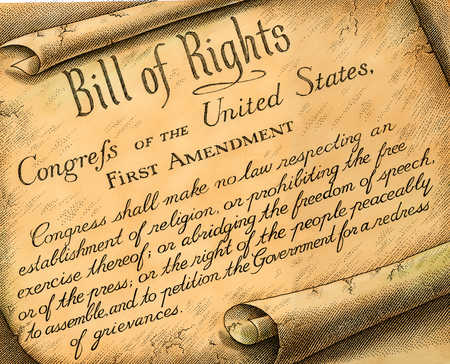
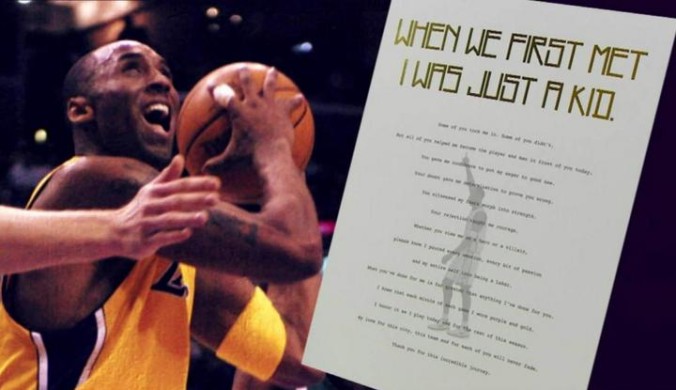
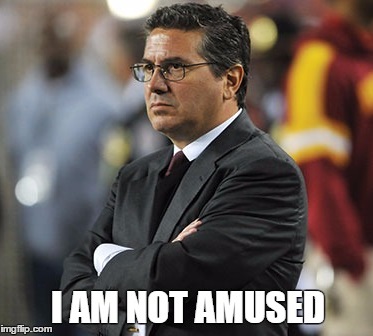
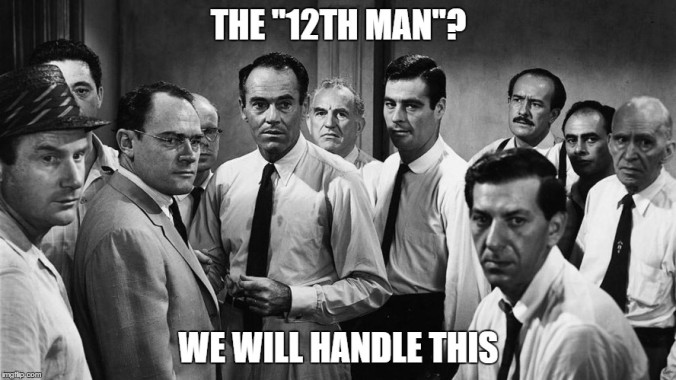
Recent Comments